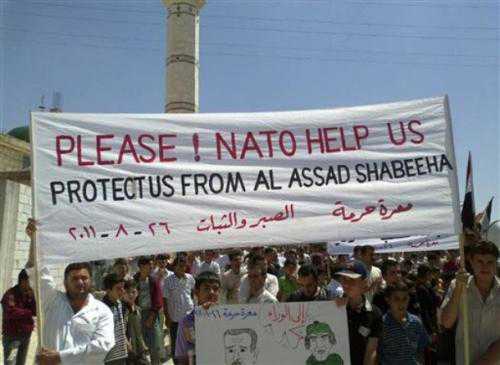By By Ivan Watson and Yesim Comert, CNN
May 7, 2012 — Updated 0201 GMT (1001 HKT)

Turkish journalist Adem Ozkose (left) and Hamit Coskun went missing while filming a documentary.
STORY HIGHLIGHTS
One of two missing Turkish journalists calls home
Adem Ozkose said he was fine, his father tells CNN
Ozkose and camerman Hamit Coskun went missing March 9
They were filming a documentary when they disappeared
Editor’s note: Read this report in Arabic.
Istanbul, Turkey (CNN) — One of two Turkish journalists missing in Syria called home Saturday, ending nearly two months of speculation about their well-being but failing to clear up questions about who is holding them or when they might be freed.
“For two months we didn’t even know whether they were alive or dead so we had so many concerns and worries. Now at least that has lifted,” journalist Adem Ozkose’s father, Mustafa Ozkose, told CNN. “We are so happy that it is impossible to explain in words.”
Ozkose, a reporter for the Turkish publications Gercek Hayat and freelance camerman Hamit Coskun went missing while filming a documentary.
They were last heard from March 9, as they were traveling through Syria’s troubled Idlib province on their way back to neighboring Turkey, Mustafa Ozkese said.
Mustafa Ozkose said his son had less than three minutes Saturday to talk to his wife and ask about the welfare of his three children.
“He said he was fine. He said that he missed his children,” Mustafa Ozkose said.
Humanitarian Relief Foundation, a Turkish Islamist charity group widely known by its Turkish acronym IHH, said it mediated the call.
“As a result of negotiations that have been on going, an IHH diplomatic delegation was able to visit Adem Ozkose and Hamit Coskun where they were in Damascus and managed to have both Adem and Hamit make calls to their families,” said Serkan Nergis, an IHH spokesman.
“This was a very positive step,” he said.
A spokesman for the Turkish foreign ministry told CNN he had no official information about who is holding the men. Syrian officials have not answered formal requests by Turkey about whether the journalists were in government custody.
Turkey withdrew its ambassador and diplomats from Damascus last March, as relations drastically deteriorated between the countries.
IHH officials declined to give details about who is holding the two Turkish journalists in Damascus or what condition the men were in.
“This is a very sensitive process,” Nergis told CNN. “For now we cannot give further information about the two journalists’ whereabouts or the process itself.”
But Nergis did say that the negotiations have been conducted in conjunction with Iran, which is a close ally of the Syrian government.
In an April 23 statement, the group said it had worked with Iranian and Syrian counterparts to broker the release of two elderly Iranians who had been held by members of the Syrian opposition.
At the time, IHH publicly argued that the release of the Iranians would hopefully lead to the safe return of Ozkose and Coskun to Turkey.
Throughout the anti-government uprising and bloody regime crackdown that have left more than 9,000 people dead, the Syrian government has for the most part prevented foreign journalists from freely entering the country.
Turkish citizens do not need visas to travel to Syria. Nonetheless, the Syrian government has detained and deported a number of Turkish journalists who tried to work in the country. One group of reporters did not even make it past the airport before being sent back home.
The tight restrictions have prompted numerous news organizations, including CNN, to smuggle reporters into Syria.
According to a six-point peace plan brokered last month by the United Nations, Damascus pledged to allow foreign journalists into Syria. However, news organizations, including CNN, are still being denied visas into the country.
CNN’s Anna Ozbek contributed to this report.
via Turkish journalists missing in Syria finally phone home – CNN.com.





